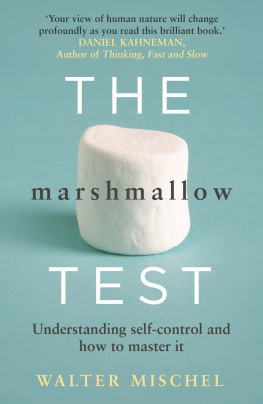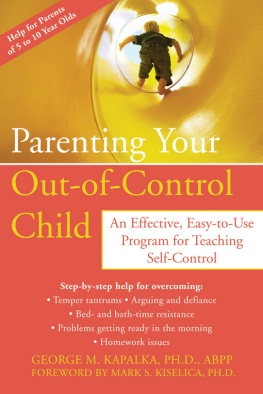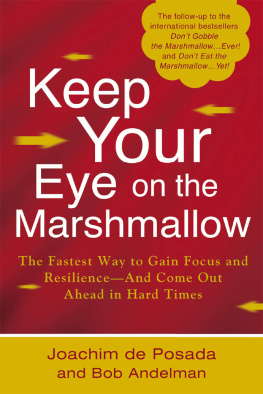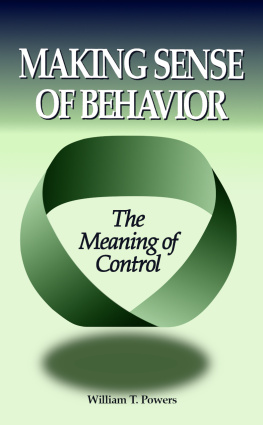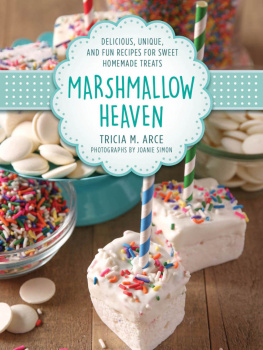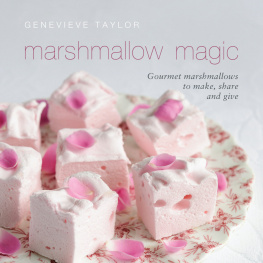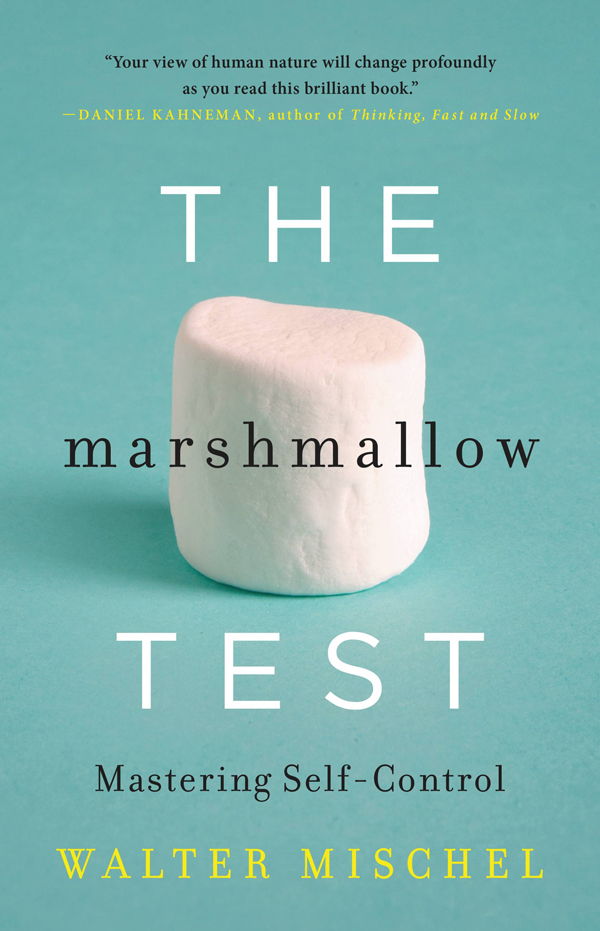In accordance with the U.S. Copyright Act of 1976, the scanning, uploading, and electronic sharing of any part of this book without the permission of the publisher constitute unlawful piracy and theft of the authors intellectual property. If you would like to use material from the book (other than for review purposes), prior written permission must be obtained by contacting the publisher at permissions@hbgusa.com. Thank you for your support of the authors rights.
Thank you for buying this ebook, published by Hachette Digital.
To receive special offers, bonus content, and news about our latest ebooks and apps, sign up for our newsletters.
For more about this book and author, visit Bookish.com.
Copyright 2014 by Walter Mischel
Cover design by Kapo Ng
Cover copyright 2014 by Hachette Book Group, Inc.
All rights reserved. In accordance with the U.S. Copyright Act of 1976, the scanning, uploading, and electronic sharing of any part of this book without the permission of the publisher constitute unlawful piracy and theft of the authors intellectual property. If you would like to use material from the book (other than for review purposes), prior written permission must be obtained by contacting the publisher at permissions@hbgusa.com. Thank you for your support of the authors rights.
Little, Brown and Company
Hachette Book Group
237 Park Avenue, New York, NY 10017
littlebrown.com
twitter.com/littlebrown
facebook.com/littlebrownandcompany
First ebook edition: September 2014
Little, Brown and Company is a division of Hachette Book Group, Inc. The Little, Brown name and logo are trademarks of Hachette Book Group, Inc.
The Hachette Speakers Bureau provides a wide range of authors for speaking events. To find out more, go to hachettespeakersbureau.com or call (866) 376-6591.
The publisher is not responsible for websites (or their content) that are not owned by the publisher.
The illustration , IF-THEN profiles for Jimmy and Anthony, created from data in Y. Shoda, W. Mischel, and J. C. Wright, Intra-individual stability in the organization and patterning of behavior: Incorporating psychological situations into the idiographic analysis of personality, Journal of Personality and Social Psychology 67, no. 4 (1994): 674-687.
Excerpts from David G. Myers, Self-serving bias in This will make you smarter: New scientific concepts to improve your thinking edited by John Brockman (New York: Doubleday, 2012), 37-38. Used with permission. Excerpts from Sesame Street script for episode 4412 are reprinted with permission. Sesame Workshop , Sesame Street and associated characters, trademarks and design elements are owned and licensed by Sesame Workshop. 2014 Sesame Workshop. All Rights Reserved.
ISBN 978-0-316-23085-8
E3
For Judy, Rebecca, Linda
A S BOTH MY STUDENTS and my children can testify, self-control does not come naturally to me. I have been known to call my students in the middle of the night to ask how the latest data analysis was going, though it began only that evening. At dinners with friends, to my embarrassment my plate is often the first to be clean, when others are far from done. My own impatience, and the discovery that self-control strategies can be learned, has kept me studying those strategies for a lifetime.
The basic idea that drove my work and motivated me to write this book was my belief, and the findings, that the ability to delay immediate gratification for the sake of future consequences is an acquirable cognitive skill. In studies initiated half a century ago, and still ongoing today, weve shown that this skill set is visible and measurable early in life and has profound long-term consequences for peoples welfare and mental and physical health over the life span. Most important, and exciting for its educational and child-rearing implications, it is a skill open to modification, and it can be enhanced through specific cognitive strategies that have now been identified.
The Marshmallow Test and the experiments that have followed over the last fifty years have helped stimulate a remarkable wave of research on self-control, with a fivefold increase in the number of scientific publications just within the first decade of this century. In this book I tell the story of this research, how it is illuminating the mechanisms that enable self-control, and how these mechanisms can be harnessed constructively in everyday life.
It began in the 1960s with preschoolers at Stanford Universitys Bing Nursery School, in a simple study that challenged them with a tough dilemma. My students and I gave the children a choice between one reward (for example, a marshmallow) that they could have immediately, and a larger reward (two marshmallows) for which they would have to wait, alone, for up to 20 minutes. We let the children select the rewards they wanted most from an assortment that included marshmallows, cookies, little pretzels, mints, and so on. Amy, for example, chose marshmallows. She sat alone at a table facing the one marshmallow that she could have immediately, as well as the two marshmallows that she could have if she waited. Next to the treats was a desk bell she could ring at any time to call back the researcher and eat the one marshmallow. Or she could wait for the researcher to return, and if Amy hadnt left her chair or started to eat the marshmallow, she could have both. The struggles we observed as these children tried to restrain themselves from ringing the bell could bring tears to your eyes, have you applauding their creativeness and cheering them on, and give you fresh hope for the potential of even young children to resist temptation and persevere for their delayed rewards.
What the preschoolers did as they tried to keep waiting, and how they did or didnt manage to delay gratification, unexpectedly turned out to predict much about their future lives. The more seconds they waited at age four or five, the higher their SAT scores and the better their rated social and cognitive functioning in adolescence. At age 2732, those who had waited longer during the Marshmallow Test in preschool had a lower body mass index and a better sense of self-worth, pursued their goals more effectively, and coped more adaptively with frustration and stress. At midlife, those who could consistently wait (high delay), versus those who couldnt (low delay), were characterized by distinctively different brain scans in areas linked to addictions and obesity.
What does the Marshmallow Test really show? Is the ability to delay gratification prewired? How can it be taught? What is its downside? This book speaks to these questions, and the answers are often surprising. In The Marshmallow Test, I discuss what willpower is and what it is not, the conditions that undo it, the cognitive skills and motivations that enable it, and the consequences of having it and using it. I examine the implications of these findings for rethinking who we are; what we can be; how our minds work; how we canand cantcontrol our impulses, emotions, and dispositions; how we can change; and how we can raise and educate our children.
Everybody is eager to know how willpower works, and everybody would like to have more of it, and with less effort, for themselves, their children, and their relatives puffing on cigarettes. The ability to delay gratification and resist temptations has been a fundamental challenge since the dawn of civilization. It is central to the Genesis story of Adam and Eves temptation in the Garden of Eden, and a subject of the ancient Greek philosophers, who named the weakness of the will



